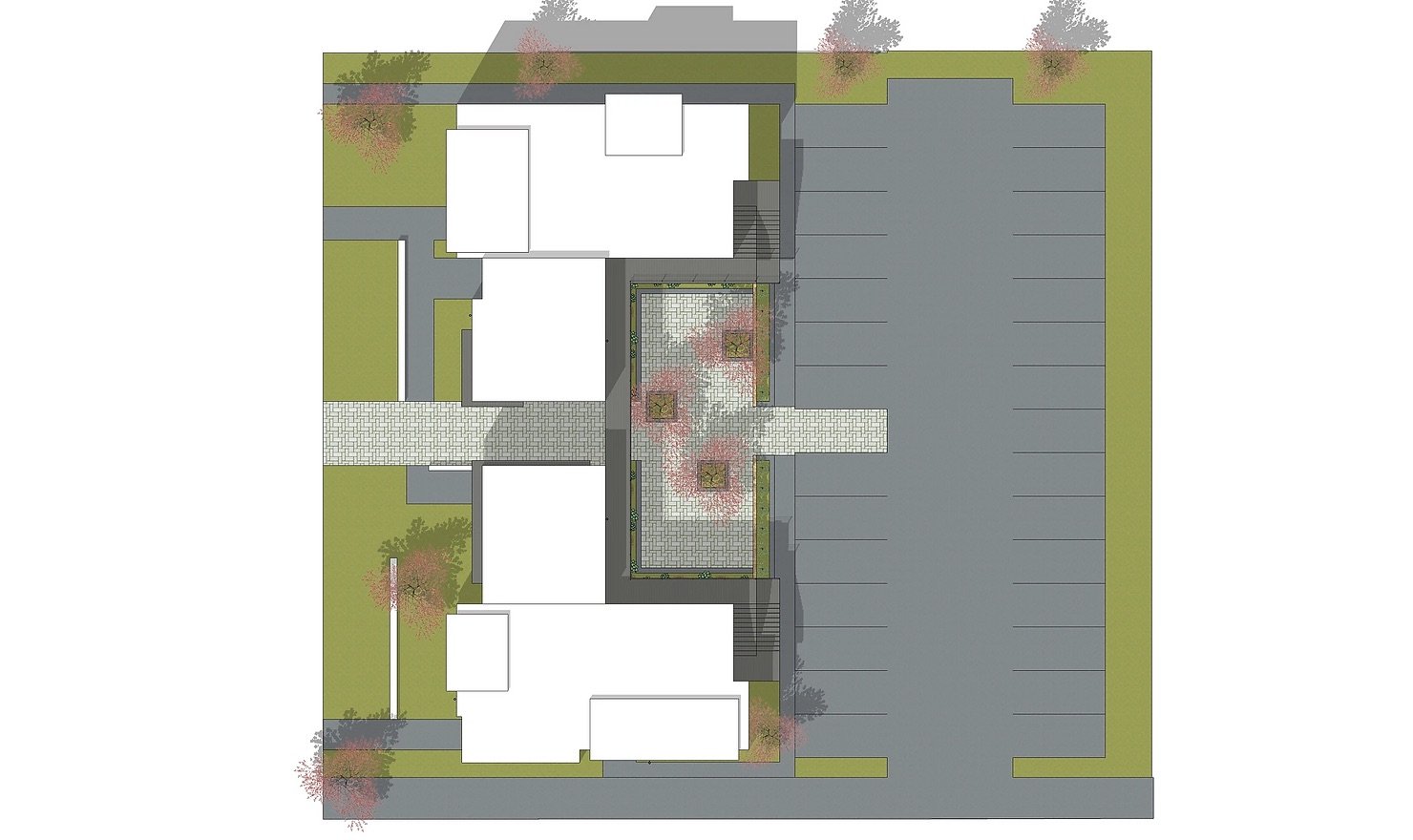AI on the rise: what does this mean for the AEC Industry?
The construction and architectural industry has always been at the forefront of innovation, constantly striving for more efficient, sustainable, and aesthetically pleasing solutions. In recent years, the rapid advancements in artificial intelligence (AI) technology have begun to reshape these industries, bringing about transformative changes that were once unimaginable. From designing and planning to project management and safety, AI is revolutionizing every aspect of construction and architecture. In this blog post, we will explore the profound impact of AI technology on these industries and discuss the potential benefits and challenges that lie ahead.
Design and Planning
AI technology is transforming the design and planning phase of construction and architecture by enabling architects and engineers to create smarter, more optimized structures. Through AI-powered algorithms and machine learning, designers can analyze vast amounts of data, including climate conditions, geographical factors, and structural requirements, to generate optimal designs. This not only saves time but also enhances the accuracy and precision of the design process, leading to more sustainable and cost-effective solutions.
Virtual Reality (VR) and Augmented Reality (AR)
AI is also integrating with virtual reality (VR) and augmented reality (AR) technologies to revolutionize the way architects and clients visualize and experience architectural designs. VR and AR platforms allow stakeholders to immerse themselves in a digital representation of a building before it is even constructed. This immersive experience enables better decision-making, improved collaboration, and the ability to identify and resolve design issues at an early stage. By bringing designs to life, AI-powered VR and AR are enhancing communication and reducing costly errors during the construction process.
Project Management
Effective project management is crucial for the successful execution of construction projects. AI technology is playing a pivotal role in streamlining project management processes by automating repetitive tasks, optimizing schedules, and facilitating real-time communication among project teams. AI algorithms can analyze project data and historical patterns to generate accurate cost estimates, improve resource allocation, and identify potential risks. This allows project managers to make informed decisions, minimize delays, and deliver projects on time and within budget.
Safety and Risk Mitigation
Safety is of paramount importance in the construction industry, and AI technology is transforming the way safety measures are implemented. AI-powered sensors and cameras can monitor construction sites in real time, detecting potential hazards and alerting workers to take preventive action. Machine learning algorithms can analyze historical safety data to identify patterns and predict potential risks, enabling proactive safety measures to be implemented. By prioritizing worker safety and reducing the occurrence of accidents, AI contributes to a more secure and productive work environment.
Sustainable Construction
Sustainability is a key focus for the construction and architectural industry, and AI is a powerful tool in achieving environmentally friendly solutions. AI algorithms can optimize building designs to enhance energy efficiency, reduce waste, and minimize the carbon footprint. By analyzing data on energy usage, weather patterns, and building performance, AI can suggest improvements to enhance sustainability throughout a building's lifecycle. Additionally, AI can help in material selection, identifying eco-friendly alternatives and minimizing resource consumption.
As AI technology continues to evolve, it is revolutionizing the construction and architectural industry in numerous ways. From the initial design phase to project management, safety, and sustainability, AI is streamlining processes, improving decision-making, and fostering innovation. While the integration of AI brings significant benefits, there are also challenges to address, such as data privacy, ethical considerations, and the need for upskilling the workforce. However, with proper implementation and careful consideration of these challenges, AI has the potential to reshape the industry, driving efficiency, sustainability, and creativity to new heights. The construction and architectural industry is on the brink of a new era, empowered by AI, and the possibilities are truly exciting.




